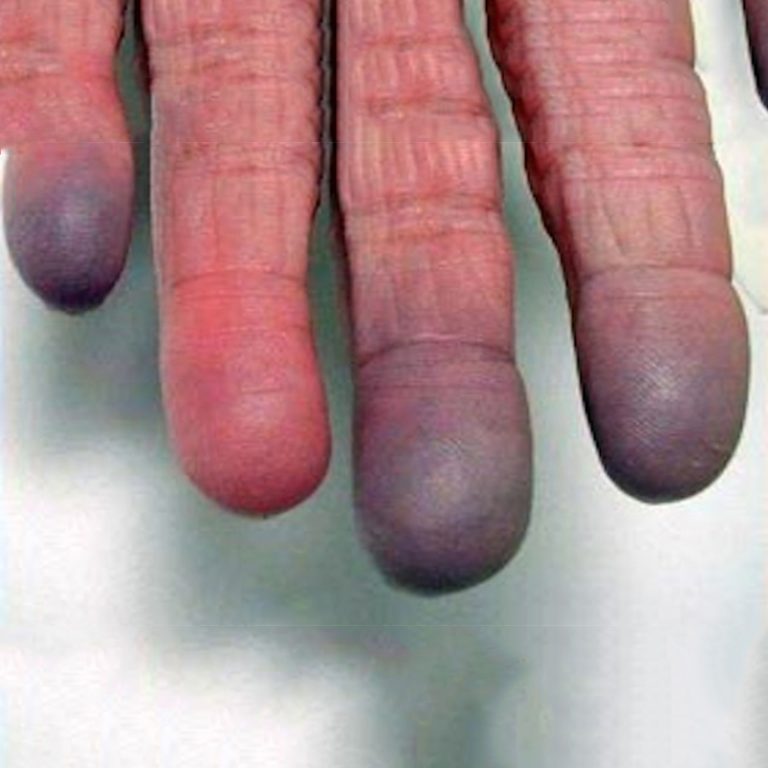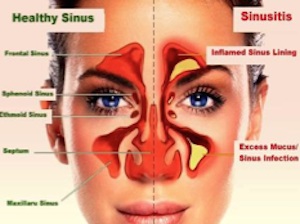Acid Reflux Treatment and Acid Reflux Diet
Acid reflux, GERD (Gastroesophageal Reflux Disorder), or ‘heartburn’ as it is often inaccurately called, are all terms used for the unpleasant burning sensation felt when some of the stomach’s contents push their way up into the oesophagus. People often try to self-treat this problem by taking antacid tablets, or may be given drugs, such as PPIs (proton-pump inhibitors) to cut drastically down the production of stomach acid. Unfortunately, there is widespread misunderstanding about what can actually cause acid reflux. In reality, it is frequently caused by abnormally low levels of stomach acid, or of digestive enzymes. This may appear confusing so a brief explanation is called for.
What is acid reflux? The normal pH of the human stomach when empty varies between 1 and 3. When it is full of food is generally rises to somewhere around 4. On the other hand, in the oesophagus it is normally around neutral (pH 7). When a deficiency of stomach acid or of digestive enzymes causes the food to be inadequately broken down it will tend to remain in the stomach for too long and some of the stomach contents may take the line of least resistance and leak up into the oesophagus, where even a minute amount of acid will cause a burning sensation, this is the cause of acid reflux. Antacids may well be effective in eliminating the discomfort but it is easy to see that they may well impair the digestive function even further particularly when they are used repeatedly.
Ayurvedic acid reflux treatment sets out to restore optimal digestive function but for this to be achieved it is first essential to find out whether there is a systemic problem, such as liver function, or whether a particular deficiency needs to be addressed. In fact, low stomach acid is in itself a common cause of deficiencies. Vital nutrients are dependent on adequate production of acid to enable their absorption – iron, copper, zinc, calcium, vitamin B12 and folic acid to name a few – as is the effective processing of proteins. When these essential nutrients are deficient the result will be a heavy, lethargic feeling and a lack of motivation. Research has found that acid production is inhibited by the presence of H. pylori so this is yet another possibility that may require investigation.
When the body is aware of an emergency situation the adrenals will try to remedy the problem, and when stomach acid levels become too low they may try to stimulate further acid production, but as they have no regulatory mechanism control is easily lost. Ayurvedic treatment will therefore address adrenal balance as well as lowering excess Pitta, by means of Pitta balancing herbs and a Pitta lowering diet (acid reflux diet). Cooling, soothing foods should be favoured over spicy items – foods to avoid include: red meat, tomatoes, onions, capsicum, tamarind, eggs, ginger, garlic, citrus fruits and excess salt. Psyllium husk can be helpful to improve transit. In general, the aim is to alkalise the body.
Yogic practices that can be beneficial include Shitali Pranayama, Uddiyana Bandha and Mula Bandha.
If you have tried to address acid reflux by alkalising your body, without success, consult a practitioner without delay, as what starts off as an uncomfortable experience can lead to serious health issues, such as oesophageal cancer, if left untreated.
For Acid Reflux Treatment Please contact us on 1300 552 260 for 10 min free consultation at the Yatan Holistic Ayurvedic Centre

*Discover holistic healing with a complimentary phone or video consultation from our expert Ayurvedic practitioner. Start your path to better health today!*























